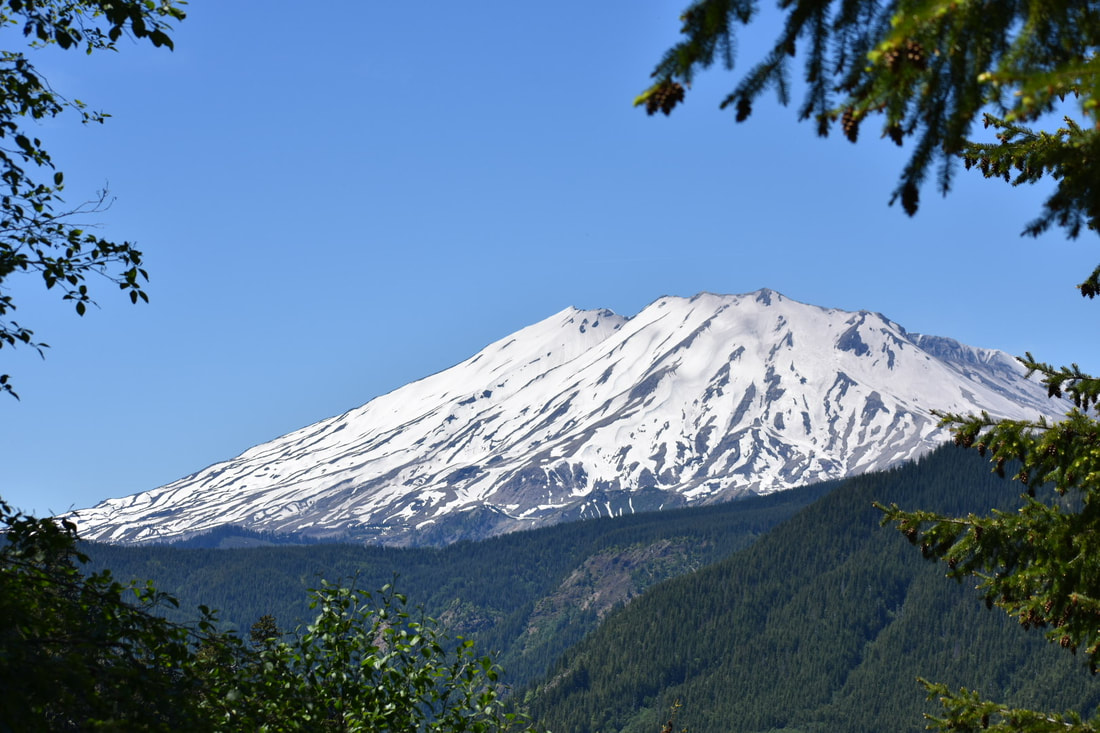reading (etc) list
|
Below is an inexhaustive and ever-expanding list of papers and articles that I have found helpful throughout my science journey.
Decolonization Decolonization is the practice of "actively undoing [colonial] systems and ways of thinking" (Trisos et al 2021). Decolonization is not a metaphor or a stand-in for other diversity, equity, and inclusion work (Tuck & Yang 2012); it specifically centers on acknowledging and dismantling the history, present, and future of settler colonialism in our own scientific work. Decolonization cannot only happen "in the mind"; it must be an action in the world to unwork the harms of settler colonialism. That being said, these are some good places to start:
Land Acknowledgement and Action See this page for more information on going beyond land acknowledgements.
Eugenics & Statistics When I first began studying ecology, I had no idea how much both ecology and statistics are intertwined with the history of the eugenics movement in the United States.
Intersectionality in Feminism and Environmentalism Intersectionality, first coined by Dr. Kimberle Crenshaw in 1989, describes the need to not only address specific marginalized pieces of a person's identity (specifically Black womanhood) but to understand that the combination of these two or more identities compound to create a unique situation of marginalization, violence, and oppression.
Discrimination and anti-racism In October 2022, the publication Nature published a special issue entitled Racism: Overcoming science's toxic legacy. Here are some pieces that stood out to me (an evolving list):
Advice on being a scientist |
